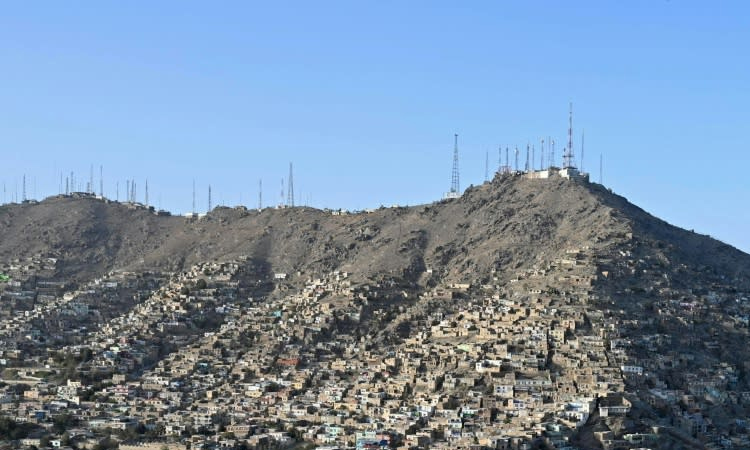News Flash

KABUL, Sept 30, 2025 (BSS/AFP) - Afghanistan faced a second day without internet and mobile phone service on Tuesday, after Taliban authorities cut the fibre optic network.
Taliban authorities began shutting down high speed internet connections to some provinces earlier in the month to prevent "vice".
On Monday night, mobile phone signal and internet service gradually weakened until connectivity was less than one percent of ordinary levels, according to internet watchdog NetBlocks.
It is the first time since the Taliban government won their insurgency in 2021 and imposed a strict version of Islamic law that communications have been shut down in the country.
"We are blind without phones and internet," said 42-year-old shopkeeper Najibullah in Kabul.
"All our business relies on mobiles. The deliveries are with mobiles. It's like a holiday, everyone is at home. The market is totally frozen."
In the minutes before it happened, a government official warned AFP that fibre optic would be cut, affecting mobile phone services too.
"Eight to nine thousand telecommunications pillars" would be shut down, he said, adding that the blackout would last "until further notice".
"There isn't any other way or system to communicate... the banking sector, customs, everything across the country will be affected," said the official who asked not to be named.
Netblocks, a watchdog organisation that monitors cybersecurity and internet governance, said the blackout "appears consistent with the intentional disconnection of service".
AFP lost all contact with its bureau in the capital Kabul at around 5:45 pm (1315 GMT).
"Because of the shutdown, I'm totally disconnected with my family in Kabul," a 40-year-old Afghan living in Oman told AFP via text message, asking not to be named.
"I don't know whats happening, Im really worried."
Telephone services are often routed over the internet, sharing the same fibre lines, especially in countries with limited telecoms infrastructure.
Over the past weeks, internet connections have been extremely slow or intermittent.
On September 16, Balkh provincial spokesman Attaullah Zaid said fibre optic internet was completely banned in the northern province on the Taliban leader's orders.
"This measure was taken to prevent vice, and alternative options will be put in place across the country to meet connectivity needs," he wrote on social media.
At the time, AFP correspondents reported the same restrictions in the northern provinces of Badakhshan and Takhar, as well as in Kandahar, Helmand, Nangarhar and Uruzgan in the south.
In 2024, Kabul had touted the 9,350-kilometre (5,800-mile) fibre optic network -- largely built by former US-backed governments -- as a "priority" to bring the country closer to the rest of the world and lift it out of poverty.